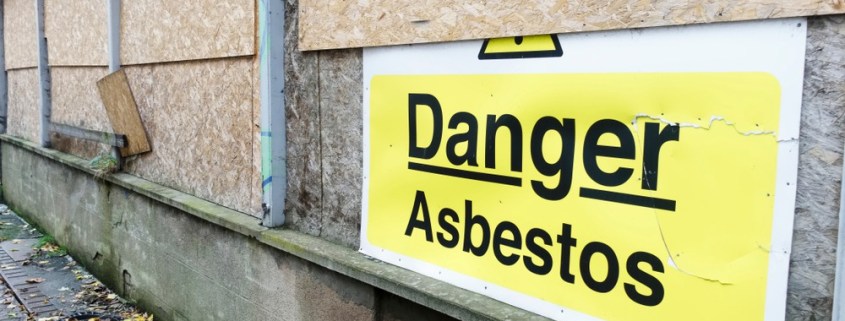Accidents in the Workplace: All You Need to Know

What are the most common causes of workplace accidents and injuries
Whether you work in the construction industry or in a 9am to 5pm office job, accidents are unpredictable and can happen anywhere, at any time.
If you’ve been injured in an accident at work that wasn’t your fault, we understand you might feel hesitant to make a claim for compensation due to concerns over your job security. However, your employer has a duty of care to ensure that your working environment is as safe as it possibly can be, so to prevent any accidents as a result of negligence, that could be entirely avoided otherwise.
Whilst nobody can ever predict when an accident will happen, accidents at work remain one of the most common reasons for compensation claims every year; the Labour Force Survey reported that 693,000 workers in the UK sustained a non-fatal injury at work in 2019/20.
In this blog, we explore all you need to know about making a claim for compensation, following an accident at work.
What are the most common causes of workplace accidents and injuries?
- Slips, trips or falls
- Faulty lifting and manual handling practices brought on by lack of training
- Being struck by a falling object
- Falling from a height
- Workplace violence
- Contact with moving machinery
- Dangerous working practices
- Poor or non-existent personal protective equipment (PPE)
- Weak risk assessments or poorly enforced safety procedures
- Preventable spillages
- Poorly maintained equipment
Can I claim for my accident at work?
If your employer fails to provide a safe working environment and you are injured as a result, you can and should make a claim for compensation both for the injury as well as any loss of work or earnings. In some instances, you may be able to claim even if you caused the accident, for example if your injuries were made worse due to a faulty piece of equipment or if a workplace accident made an existing injury or condition worse.
Whether the accident happened in your workplace or if you were carrying out work for your employer in a different location, whether you’re employed full or part time, and no matter the size of the business, none of these factors affect your eligibility to make a claim. Even if your accident was caused by a visiting member of the public or the actions of a colleague, your employer is ultimately responsible for keeping you from harm in your workplace.
Typically, in the UK you have three years from the date of your accident to make a claim. There are exceptions to this rule however, we recommend if you have been injured in an accident at work, that you get in touch with us as soon as possible to ensure your claim is filed well within the time limits.
If I make a claim against my employer, will I lose my job?
Employers by law, are required to have employers liability insurance that covers employees who make a claim following an accident at work. This mean that it will be an insurance company you would be dealing with and who would award you the compensation if your claim were to be successful. Additionally, it is illegal for your employer to fire you purely on the basis that you made a claim for an injury at work. If this were to happen, you may then have a further case against your employer for unfair dismissal and could pursue legal action against them.
How do I make a claim for a workplace accident?
If you are injured in a workplace accident that wasn’t your fault, any supporting evidence you can gather at that time can go a long way in strengthening your claim for compensation. If you are able to gather any photographic evidence or any witness statements of the accident, these can help to prove your employers’ negligence which is key to a workplace accident claim. Keeping a record of your injuries, any hospital treatment and any financial loss can further assist your case.
Here at Bonnar Accident Law, we understand the concerns you’ll have following a workplace accident. We’ll take your case on a No Win No Fee basis, covering all the upfront costs to ensure that your claim the best chance of success. We will also deal directly with your employers’ insurance company so you don’t have to worry and can focus on your recovery.
Our lawyers specialise in an accident at work claims and will work tirelessly to get you the compensation you deserve to get back on your feet or pay for long-term care and rehabilitation.
If you have been injured in an accident that wasn’t your fault and you would like more information, please get in touch with one of our No Win No Fee solicitors today.









